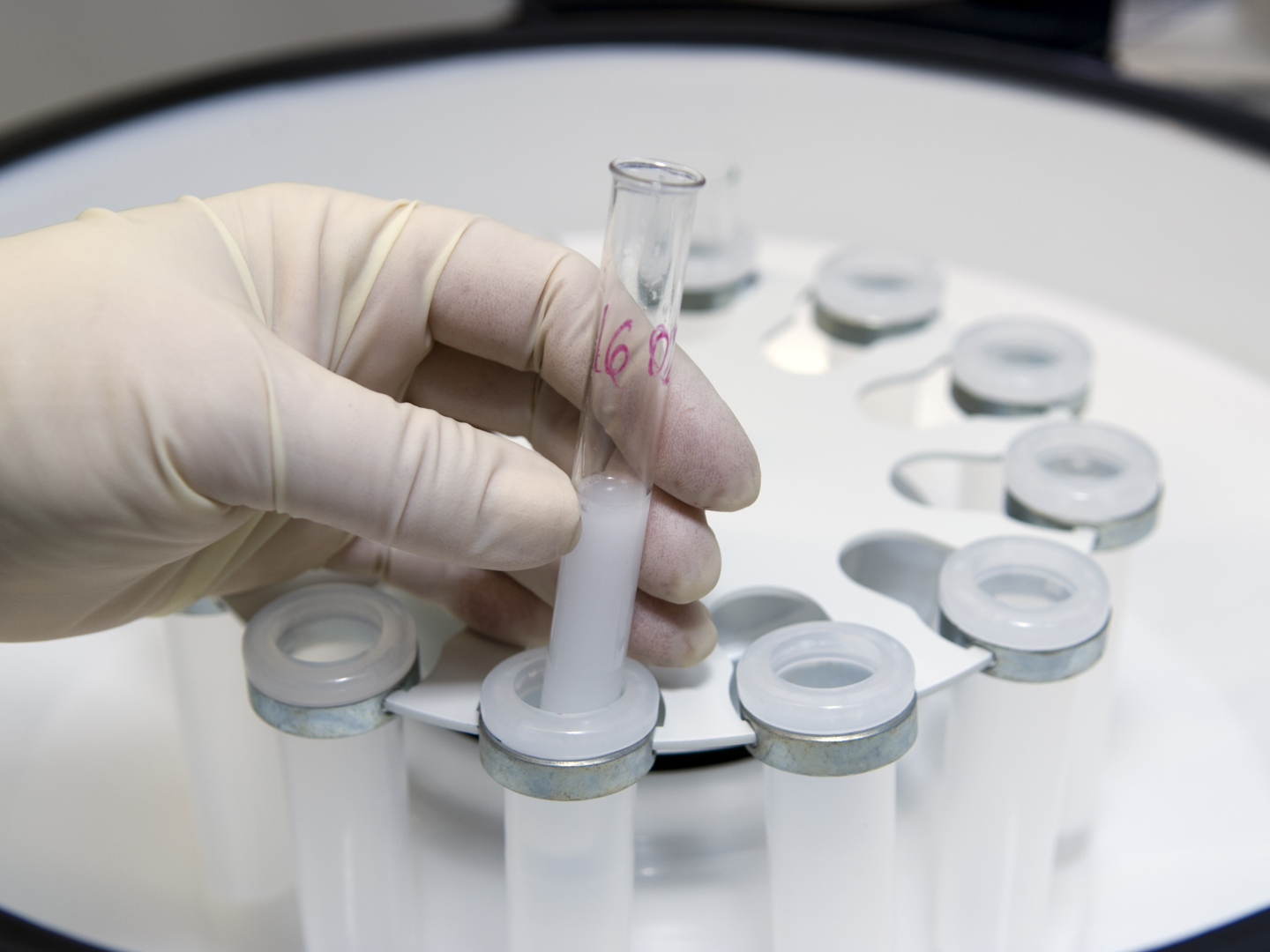Pregnancy Perils?
Does having a fever early in pregnancy cause birth defects? I also heard that taking acetaminophen during pregnancy can lead to ADHD. True?
Andrew Weil, M.D. | February 15, 2018

We’ve known for some time that fevers in the first trimester of pregnancy increase the risk for some heart defects and facial deformities, including cleft lip or palate. But until recently we haven’t known whether fever itself is to blame or if an underlying infection could be the problem. New research suggests that a fever within the first three to eight weeks of pregnancy can interfere with development of the heart and jaw and that lowering body temperature back toward normal might prevent those defects. What’s still unknown is whether the duration or the severity of a fever is responsible.
Researchers at Duke University investigated the impact of fever on a developing fetus by studying zebrafish and chicken embryos. They found that cells that are critical building blocks of the heart, face and jaw are temperature sensitive. When those cells are subjected to conditions mimicking a transient fever, the embryos develop craniofacial irregularities and heart defects,
The Duke team also discovered that some birth defects can be prevented by lowering the mothers’ fevers with acetaminophen (Tylenol), which is considered safe for women to take during the first trimester of pregnancy. Senior author, neonatologist Eric Benner, M.D., Ph.D., notes that while doctors advise women to avoid taking any drugs during pregnancy, careful use of acetaminophen may be an exception to this rule should an expectant mother develop a fever.
He suggests that doctors inform women at the outset of pregnancy of the risk that fever can present and advise them to take acetaminophen should they develop one. While nonsteroidal anti-inflammatory drugs (ibuprofen and aspirin) also can reduce fevers, they are not considered as safe as acetaminophen during pregnancy.
While use of acetaminophen for a few days to reduce pain and fever is regarded as safe, long-term use by pregnant women may not be. Taking the drug for 29 days or more was linked to an increased risk of attention deficit hyperactivity disorder (ADHD) in a Norwegian investigation published in November 2017. To reach this conclusion the researchers analyzed data on 114,744 children born between 1999 and 2009 as well as on 95,242 mothers and 75,217 fathers in Norway.
The investigation showed a decreased risk of ADHD among the children of women who took acetaminophen for fewer than seven days during pregnancy. The Norwegian researchers also found that for unknown reasons, twice the number of children with ADHD were born to fathers who took acetaminophen for 29 days or more, than to those who didn’t take the medication for that long. Study leader Eivind Ystrøm of the Norwegian Institute of Public Health suggests that fathers who use a lot of acetaminophen could have a higher genetic risk of ADHD or that long-term use of the drug could lead to changes in sperm. However, the investigators did not find a cause and effect relationship. Some experts questioned the link between acetaminophen and ADHD based on the methods used in the investigation – the researchers identified kids with ADHD by referencing the codes in their medical records rather than on independent confirmation of a diagnosis. They also depended on women’s recall of the amount of acetaminophen they took during their pregnancies, which may not be reliable.
Andrew Weil, M.D.
Sources:
Mary R. Hutson et al. “Temperature-activated ion channels in neural crest cells confer maternal fever–associated birth defects.” Science Signaling, October 10, 2017 DOI: 10.1126/scisignal.aal4055
Eivind Ystrom et al, “Prenatal Exposure to Acetaminophen and Risk of ADHD.” Pediatrics, November 2007, DOI: 10.1542/peds.2016-3840











